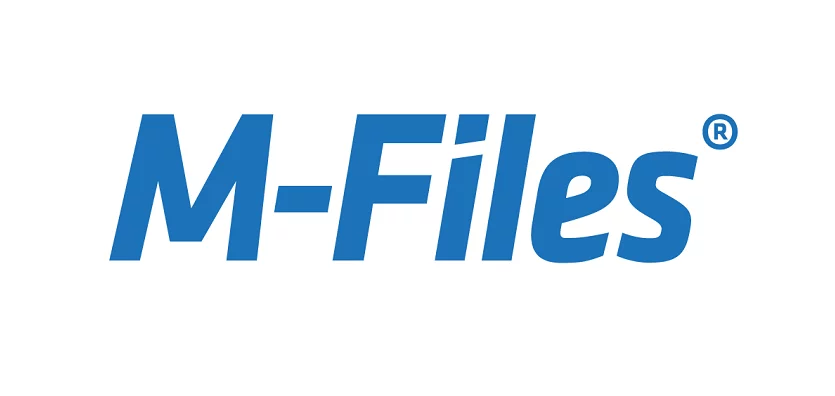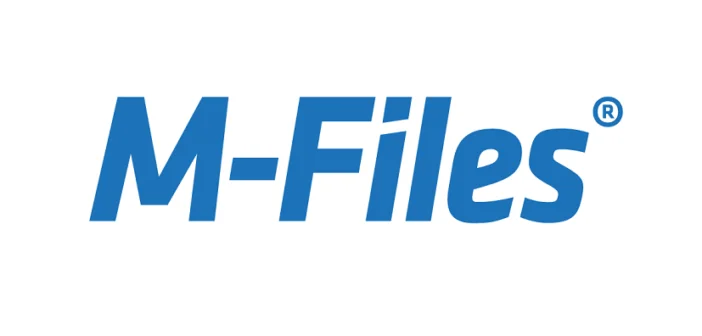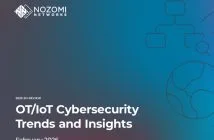
Most famous for its role in underpinning cryptocurrencies, blockchain is set to redefine traditional business models due to its innovative method of logging and authenticating data, according to M-Files.
Blockchain is made up of records of transactions and data types. As each group of records is validated, it forms a block which is then added to the chain, making it impossible to alter the information without being caught. The blockchain is in chronological order and is copied in various locations, distributed across numerous participants. This contributes to its immutability; changing one copy of the blockchain would create a discrepancy that would be immediately identified.
Blockchains eliminate the need for intermediaries such as banks or property registers. More than half of the world’s largest corporations are either actively considering or in the process of deploying blockchain. (1) The key benefit of doing so is the ability to better manage their information.
M-Files has identified two key examples of how blockchain can be used to transform information management:
1. Preserving the integrity of log data
Most information management systems log the key events in the repository but these logs aren’t necessarily secure. A security incident could include tampering with the logs to remove evidence of the attack.
Yet, for those logs to be useful, businesses need to be able to trust that the data is accurate and uncompromised, whether by accident or through a malicious act. Blockchain technology could solve this challenge by providing a trusted, independent, secure way to ensure log entries can’t be deleted or manipulated.
2. Cost-effective alternative to digital signatures
Digital signatures have replaced so-called ‘wet ink’ signatures in many business transactions. A third party issues the signing certificates to verify authenticity. Digital signatures use complex mathematical algorithms to confirm data is legitimate and protect against forgery.
However, there is a cost associated with acquiring trusted certificates and there could be uncertainty around whether the third party is truly impartial. Blockchain eliminates the need for a third party and allows multiple signatures, all of which can be authenticated and distributed across multiple systems in a network.
This works because neither party to the agreement can alter that agreement once it’s in the blockchain without the other party being aware of it. This lets companies independently verify the authenticity of their own documents without the use of a third party, saving on costs and time.
Nicholas Delaveris, alliance and partner manager, Australia and New Zealand, M-Files, said, “Blockchain holds untapped potential to ensure data integrity, so it will revolutionise information management processes. It’s most valuable when it comes to issues around trust, verification, authentication, and auditing. The true potential of blockchain can’t be overstated: businesses are only just starting to scratch the surface of what it can do.”
Reference:
(1) https://www.juniperresearch.com/press/press-releases/6-in-10-large-corporations-considering-blockhain





